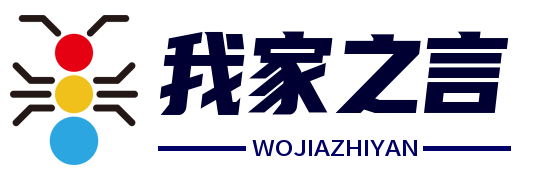In today's rapidly evolving world, the impact of technology on our daily lives is profound and multifaceted. From the way we communicate and work to how we entertain ourselves and manage our health, technology has become an integral part of our existence. This comprehensive overview aims to explore the various dimensions of how technology has transformed our lives, highlighting both the positive and negative aspects.
Communication and Social Interaction
One of the most significant changes brought about by technology is in the realm of communication. The advent of smartphones, social media platforms, and messaging apps has revolutionized the way we interact with one another. These tools have made it possible to connect with people across the globe instantly, fostering relationships and collaborations that were previously unimaginable. However, this convenience has also led to concerns about privacy, cyberbullying, and the erosion of face-to-face communication skills.
Work and Productivity
The workplace has also been dramatically altered by technology. Automation and artificial intelligence have streamlined many tasks, increasing efficiency and reducing the need for manual labor. Remote work has become more feasible due to advancements in communication technology, allowing employees to work from anywhere in the world. This flexibility has been particularly beneficial during the COVID-19 pandemic, demonstrating the resilience and adaptability of the modern workforce. Yet, the same technologies that enable remote work can also blur the lines between personal and professional life, leading to concerns about work-life balance.
Education and Learning
Education has been another sector deeply affected by technological advancements. Online learning platforms, digital textbooks, and interactive educational software have made education more accessible and engaging. These tools have the potential to personalize learning experiences, catering to individual student needs and learning styles. However, the digital divide remains a challenge, as not all students have equal access to these resources. Additionally, the effectiveness of online learning compared to traditional classroom settings is still a topic of debate.
Healthcare and Wellness
Technology has also played a crucial role in healthcare, improving diagnostics, treatment, and patient care. Telemedicine has made healthcare more accessible, particularly for those in remote areas or with limited mobility. Wearable devices and health apps have empowered individuals to monitor their health and make informed decisions about their well-being. However, the reliance on technology in healthcare raises questions about data security and the potential for misdiagnosis due to over-reliance on automated systems.
Entertainment and Media
The entertainment industry has been彻底ly transformed by technology. Streaming services have replaced traditional cable television, offering a vast array of content at the viewer's fingertips. Virtual reality and augmented reality technologies have opened up new dimensions of gaming and interactive experiences. While these advancements have provided endless entertainment options, they have also led to concerns about screen time, digital addiction, and the impact on traditional forms of media and art.
Environment and Sustainability
Technology has the potential to address some of the most pressing environmental challenges we face today. Renewable energy technologies, such as solar and wind power, are becoming more efficient and affordable. Smart grids and energy-efficient appliances help reduce energy consumption. However, the production and disposal of electronic devices contribute to electronic waste, which poses significant environmental challenges. Balancing the benefits of technology with its environmental impact is a complex but necessary task.
Conclusion
The impact of technology on our daily lives is undeniable and far-reaching. It has brought about unprecedented convenience, efficiency, and opportunities for connection and learning. Yet, it also presents challenges that we must navigate carefully. As we continue to integrate technology into every aspect of our lives, it is crucial to consider the ethical implications, the potential for misuse, and the need for equitable access. By doing so, we can harness the power of technology to improve our lives while mitigating its negative effects. The future of technology is bright, but it is up to us to shape it in a way that benefits all of humanity.






